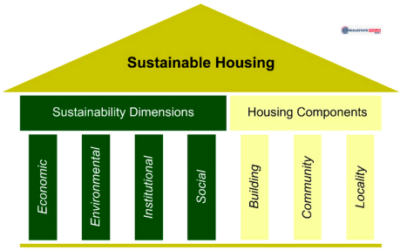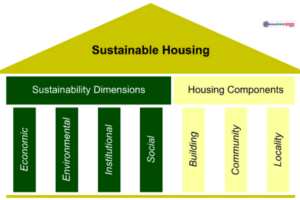

Britons in Spain Face Potential 100% Property Tax Under Proposed Legislation
British nationals seeking to purchase property in Spain could soon face a staggering financial obstacle, as the Spanish government considers new legislation that would impose a 100% tax on non-EU property buyers. The move, if passed, would effectively double the cost of buying a home in Spain for UK citizens and other non-European Union residents.
The bill, introduced by Spain’s ruling Socialist Workers’ Party on May 22, is part of a broader housing reform package aimed at cooling a sharply overheated property market and addressing the country’s deepening housing crisis.
Paradise at a Price
For decades, Spain has been a top destination for British expatriates and holidaymakers. Nearly 300,000 Britons reside permanently in Spain, and in 2024 alone, 18.4 million UK tourists visited the country, making them the largest single group of international visitors.
British nationals have also been among the most active foreign property buyers. According to Spanish government figures, non-EU citizens purchased more than 27,000 properties in Spain in 2023, with British buyers consistently leading the charge.
However, Prime Minister Pedro Sánchez has argued that the surge in foreign demand particularly in major cities and coastal regions is driving housing prices out of reach for Spanish residents.
“We are facing one of the most serious housing accessibility problems in our society,” Sánchez said in a recent statement. “This bill seeks to put local residents first.”
What the Legislation Entails
If enacted, the proposed bill would:
- Impose a 100% tax on residential property purchases by non-EU citizens
- Increase the value-added tax (VAT) on short-term rentals, such as Airbnb-style accommodations
- Introduce higher taxes on real estate investment trusts (REITs)
- Levy penalties on vacant homes to encourage utilization of housing stock
Notably, the proposed tax would not apply to non-EU citizens residing and working professionally in Spain, indicating a targeted effort to deter speculative and non-resident investment.
The government has also pointed to a broader backlash against holiday rentals, especially in major urban centers. Barcelona, for instance, announced plans earlier this year to ban all short-term rentals by 2029. In tandem, authorities have called for the delisting of over 66,000 properties from Airbnb, citing regulatory breaches.
Backlash from the British Community
Reaction among British expats and prospective buyers has been swift and highly critical.
“For many of us, Spain is not just a place to holiday, it’s home,” said Sarah Jennings, a retiree living in Costa Blanca since 2011. “This feels like an unfair punishment for something beyond our control, namely Brexit.”
Real estate professionals are also sounding the alarm. “If this bill passes, we could see a near-total collapse in the non-EU foreign buyer market,” warned Javier Martinez, a real estate analyst based in Málaga. “That would have significant economic consequences, particularly in regions heavily dependent on international investment.”
A Broader Trend or Legal Overreach?
Spain’s proposed tax is part of a global shift as governments grapple with the consequences of rising real estate speculation and foreign ownership. Countries such as Canada, New Zealand, and Singapore have all enacted various restrictions on foreign property buyers in recent years.
However, a 100% tax is virtually unprecedented, and legal scholars warn that such a measure could face challenges under international investment agreements, including treaties between the UK and Spain.
“This policy, while politically popular domestically, may open the door to legal disputes,” said Dr. Elena Morales, an expert in international economic law at the University of Barcelona. “It raises serious questions about non-discrimination and proportionality.”
What Happens Next
The bill is still in its early stages and must pass through parliamentary committees and debate before becoming law. Amendments are likely, and lobbying from the powerful real estate sector may influence the final version.
For now, British nationals considering buying property in Spain are being urged to exercise caution and seek legal advice.
If the legislation passes in its current form, it could mark a dramatic turning point in Spain’s relationship with foreign homeowners and redefine what it means for non-EU citizens to live or invest in one of Europe’s most sought-after destinations.




































